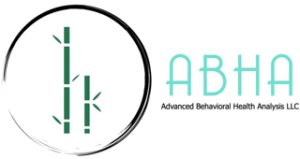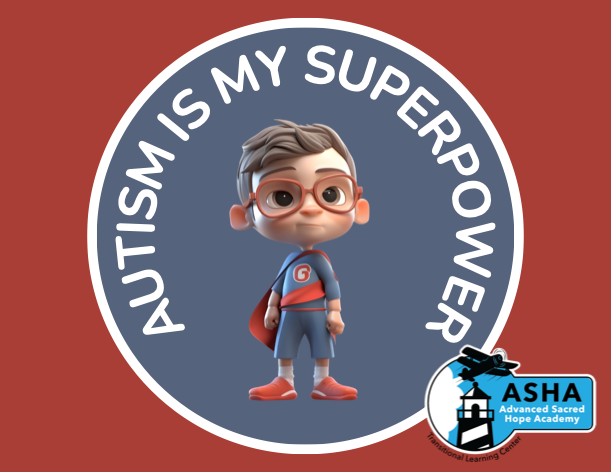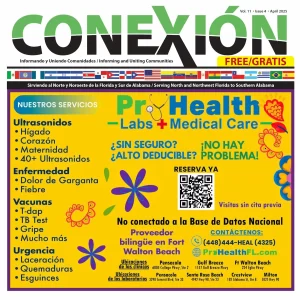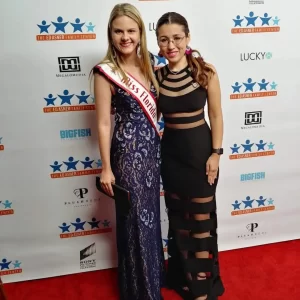Understanding Autism Spectrum Disorder (ASD)
By Julie Gracela Webb

Understanding Autism Spectrum Disorder (ASD) requires knowledge, patience, and the willingness to appreciate neurodiversity. This developmental disorder affects how a person perceives and interacts with the world. Individuals with ASD experiences a range of challenges in communication, social interaction, and repetitive behaviors.
- Communication Challenges: People with ASD may struggle with verbal and nonverbal communication. They might have difficulty understanding figurative language, sarcasm, or social cues like facial expressions. Conversely, some may be very literal or display echolalia (repeating phrases).
- Social Challenges: Individuals with ASD may find social interaction difficult. They might struggle to initiate conversations, understand unspoken social rules, or navigate friendships.
- Adaptive and Behavioral Challenges: Difficulties with routines, transitions, or sensory processing are common. Some may be sensitive to loud noises, bright lights, or certain textures. Strict adherence to routines or repetitive behaviors can also be a characteristic.
Therapists who work with individuals with ASD are privileged in seeing the beauty and the power within the diagnosis. Some of the kindest and most brilliant minds I know are diagnosed with ASD. People with autism often have incredible attention to detail, which can make them fantastic at spotting patterns or excelling in focused hobbies. They might have strong memories for facts and figures, and their unique perspective can lead to creative solutions and out-of-the-box thinking.
According to the CDC, about 1 in 36 children has been identified with autism spectrum disorder. ASD presents itself differently in each person. With a spectrum of symptoms and severity, early intervention is essential to helping individuals reach their potential.
While there is no cure for ASD, Applied Behavior Analysis (ABA) is considered a gold-standard treatment ABA therapy focuses on breaking down skills into smaller, achievable steps with positive reinforcement for desired behaviors. This can significantly improve communication, social interaction, and daily living skills.
As a BCBA for nearly seven years, though biased, for me ABA is full of love, fun and a daily celebration of every little progress. We professionals often talk about how we want to change lives, but honestly those we get to help, ends up changing us to become an improved version of ourselves.
For more information on ASD visit cdc.gov or better yet volunteer and be a friend of Advanced Sacred Hope Academy (ASHA). I know a few friends that would love your attention.

Julie Gracela Webb is a native of the Philippines, a Board Certified Behavior Analyst and Licensed Mental Health Counselor at Advanced Behavioral Health Analysis and the Founder of Advanced Sacred Hope Academy.
Contact her at [email protected]



